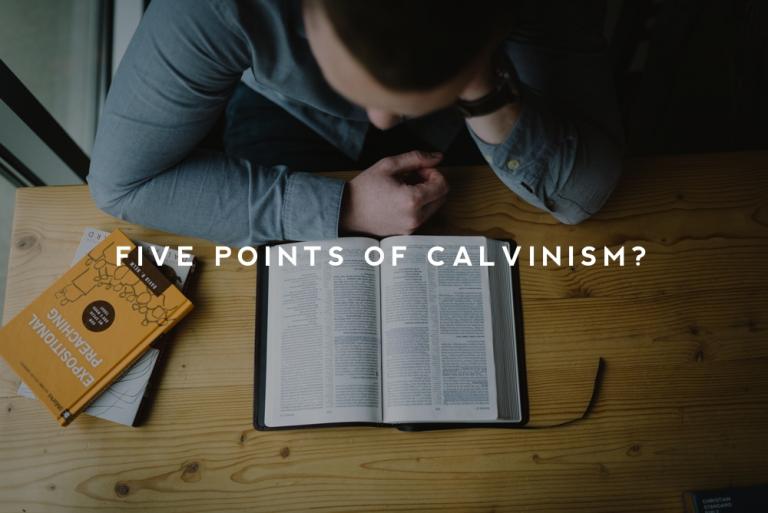What Are the Five Points of Calvinism?

T: Total Depravity
U: Unconditional Election
L: Limited Atonement
I: Irresistible Grace
P: Perseverance of the Saints.
That means, in essence, that humans are sinful and therefore unacceptable to God (T), but that some humans are chosen anyway by God’s sheer and free grace (U), because of the self-sacrifice of Jesus that saves them (L) and cannot fail to save them (I), and they cannot lose the gift of grace that they have received (P). That is Calvinism—modern American Calvinism—in a very short description.
But, you’ll notice, TULIP is really just about salvation. It’s almost as if Calvinism is nothing but a particular way of describing how God saves people from the guilt and effects of their sin. Is Calvinism really so narrow, so specific? Is Calvinism really just about us?
Anyone who has ever read Calvin or Edwards or Bunyan, or any other serious Calvin theologian, knows that the tradition that follows Calvin’s lead is far more expansive, more thorough, more comprehensive than just a description of how God saves individual Christians. The Christianities of early modern Switzerland, Scotland, and the Netherlands are not just concerned—or even primarily concerned—with humans being saved. Calvinism, at its core, is less about us and more about God.
I think it’s time for a new acronym. It’s time for a new five points of Calvinism, five points that really describe the movement called Reformed theology in all of its essentials. And, while we’re at it, let’s ditch the Dutch theme. Let’s dig back farther, further into Calvinism’s history. Let’s talk about Switzerland and that sweet, sweet Swiss chocolate.
C: Covenantalism
O: Opposition to Idolatry
C: Complete Justification
O: Omnipotent Providence
A: A-Substantiation
What exactly do these new five points of Calvinism mean?
I’ll walk through them, piece by chocolatey piece…












